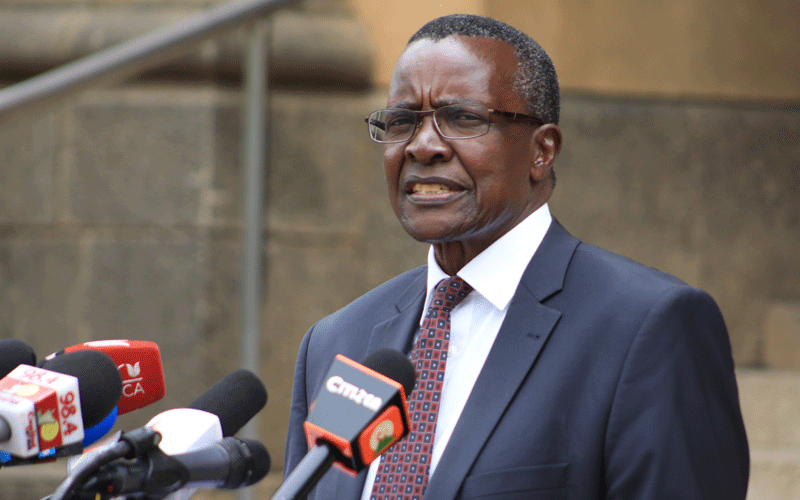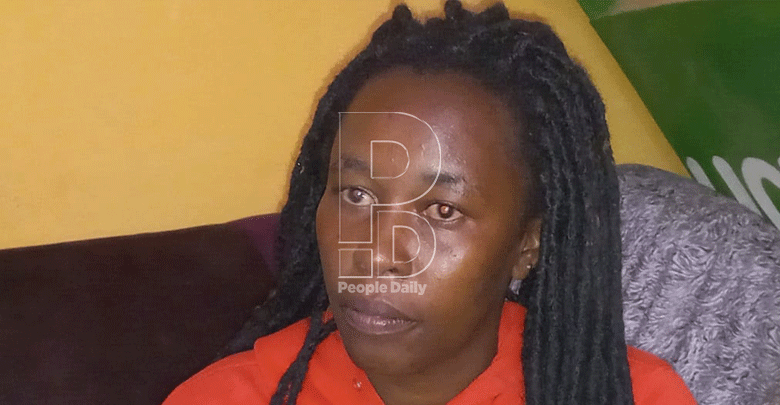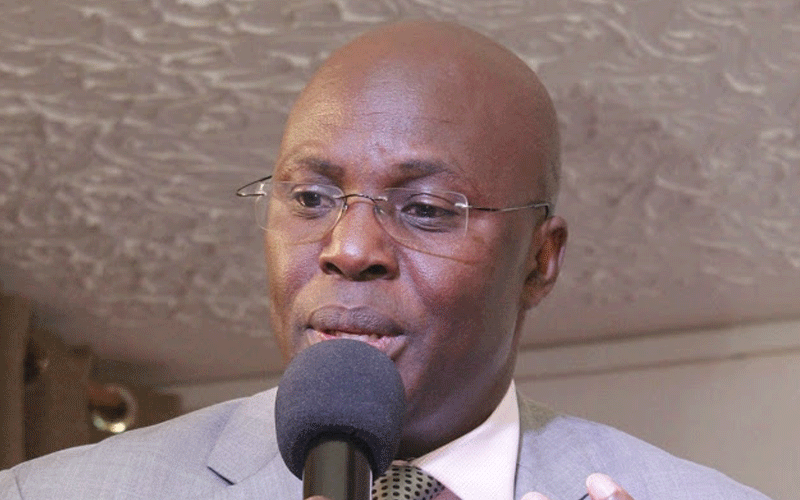Hope for speedy trials as Judiciary stops further use of experts in courts

Delays in the resolution of court cases especially due to multiple adjournments is expected to reduce substantially following Judiciary’s announcement that expert witnesses will no longer have to appear in court to give their evidence.
“We will no longer require expert witnesses such as Government Chemist, pathologists and ballistic and handwriting experts to appear in court in person.
We will use technological platforms to take their evidence from the comfort of their offices and thereby enhance convenience for everyone,” the Judiciary announced yesterday.
In order to form an opinion upon a point of foreign law, of science or art, or as to the identity or genuineness of handwriting or finger impressions among others, courts rely on opinions of experts who are specially skilled in such fields.
In cases like terrorism, rape, cyber-crime, murder, fraud, breaking, and assault among others, experts are crucial both in the investigation process and also as witnesses in determining such cases.
The Chief Government Pathologist Dr Johansen Oduor yesterday lauded the move saying it will go a long way in dealing with unnecessary case adjournment.
“It is good because we find ourselves having many court cases in different parts of the country at the same time.
It means that we will be giving more expert evidence and hence reduced rate of adjournments,” Dr Oduor said.
The country does not have an adequate number of experts implying that some cases are either adjourned in courts, leading delay in concluding the cases.
Cases are usually adjourned due to a number of factors including fewer experts, with one representing multiple separate cases.
Other adjournments may be initiated by the judges who are either indisposed or unprepared.
However, since their physical presence will not be necessary in courts, the cases can be concluded within the shortest time possible.
In Kenya, the failure of courts to dispose of cases in a reasonable time frame has had serious consequences for the exercise of justice in society, as captured in the legal maxim ‘justice delayed is justice denied’.











